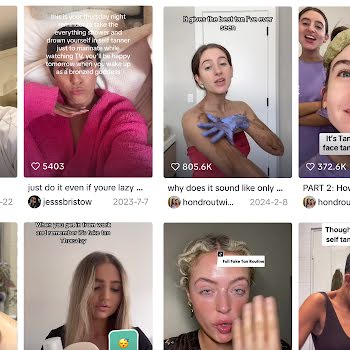Ask the Doctor: ‘Can pinhole glasses correct nearsightedness over time?’
By Sarah Gill
07th May 2024
07th May 2024
All your burning health questions answered by the professionals.
“I have recently been hearing about pinhole glasses and how they can restore your sight if worn for a certain amount of time each day. There seems to be claims that using these can, over time, correct nearsightedness and stop the need for glasses altogether. Is this true? I have been wearing glasses for many years and am too afraid to get laser. Is this something I can try to stop me needing to wear glasses?”

Answer from Mr, Arthur Cummings, Consultant Ophthalmic Surgeon at Wellington Eye Clinic at Beacon Hospital
Advertisement
The pinhole principle is well known since Ancient Egypt, when people used a pinhole to view a solar eclipse safely. Pinhole glasses improve the vision only while they are being worn if there is a refractive error, i.e. an optical error.
Refractive error in an eye simply means that the eye cannot focus correctly, leading to near-sightedness, far-sightedness, or astigmatism. These require glasses or contact lenses to improve the focus. In addition, uncorrected refractive errors can strain the eye muscles, which have to work harder to achieve a better focus.
Pinhole glasses are eyeglasses that have lenses full of tiny holes in a grid. These glasses work to reduce the amount of light taken in by the eyes and restrict vision by blocking part of the image in front of you. Individuals with a refractive error may experience improved vision while wearing pinhole glasses.
However, this means once pinhole glasses are removed, the vision returns to baseline. There is no published or scientifically-accepted rationale that the effect would accumulate or remain once the glasses are removed.
Wearing prescription eyeglasses or prescription contact lenses is an effective way to improve your vision.
If you are afraid of laser, there are other procedures today that correct vision that are not laser-based and that are growing in popularity that may be worthwhile investigating. Speak to your ophthalmologist to see what treatment suits you and your eyes best.
Advertisement
Have a question for the professionals you’d like answered? Get in touch with sarah.gill@image.ie with the subject headline ‘Ask The Doctor’.





















